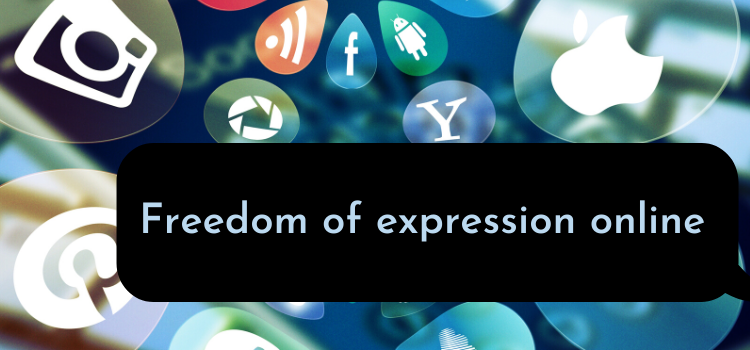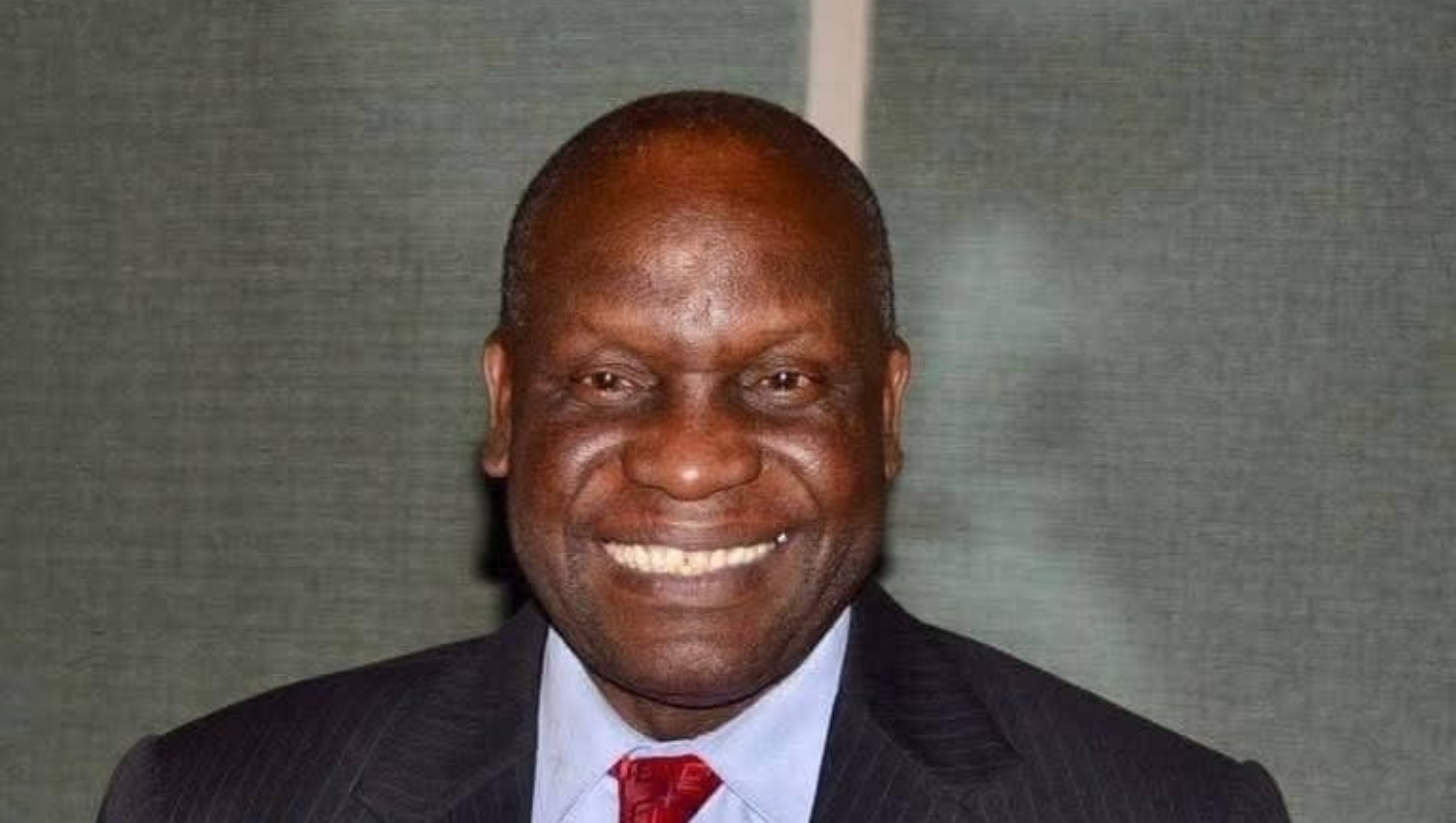Civil Society Organizations (CSOs) working group on Cyber Laws in Zambia is concerned with government officials’ threats to curtail citizens using social media platforms to exercise their freedom of expression.
Speaking in a joint statement, the working group representative Nevious Siantombo says that instead of instilling fear in the citizens who are expressing their views and opinions on governance matters using online platforms, the government must work with stakeholders to guarantee and protect citizens’ online rights and freedoms. The government and all of us must encourage the use of technology to enhance our growing democracy.
Citizens have the right to hold leaders to account on the manner they are managing the affairs of the country, through means or channels of their choice, including online or social media.
Intimidating or attempting to silence citizens who use online platforms to speak out goes against the democratic principles on which our nation stands, as it stifles the online civic space, and infringes on citizens’ right to freedom of expression, peaceful assembly and association online.
The right to free expression is guaranteed under Article 20 of the 2016 amended Constitution and is also enshrined in regional and international human rights instruments such as the African Charter on Human and People’s Rights to which Zambia is a signatory.
Domestically, our Zambian Constitution protects the rights to freedom of expression under Article 20 which states that:
“Except with his own consent, no person shall be hindered in the enjoyment of his freedom of expression, that is to say, freedom to hold opinions without interference, freedom to receives and information without interference, freedom to impart and communicate ideas and information without interference, whether the communication be to the public generally or to any person or class of persons, and freedom from interference with his correspondence.”
Contrary to allegations by some government officials who have spoken against citizens’ use of online platforms to raise issues of public interest, the CSOs working group is of the view that citizens harnessing social media to engage their democratically elected leaders is not an abuse of the digital platforms.
Instead of instilling fear in the citizens who are expressing their views and opinions on governance matters using online platforms, the government must work with stakeholders to guarantee and protect citizens’ online rights and freedoms. The government and all of us must encourage the use of technology to enhance our growing democracy.
The Working Group on Cyber Laws and Digital Security in Zambia is a consortium of Civil Society actors advocating for human rights-based internet legislation in Zambia. The Working Group members are Panos Institute Southern Africa, Bloggers of Zambia, and Zambia Council for Social Development, and the Media Institute Southern Africa (MISA). With support from Deutsche Gesellschaft für Internationale Zusammenarbeit (GIZ) GmbH, the Working Group is currently implementing the “Zambian Civil Society Advocating for their space in the Digital Sphere in Zambia” project.









